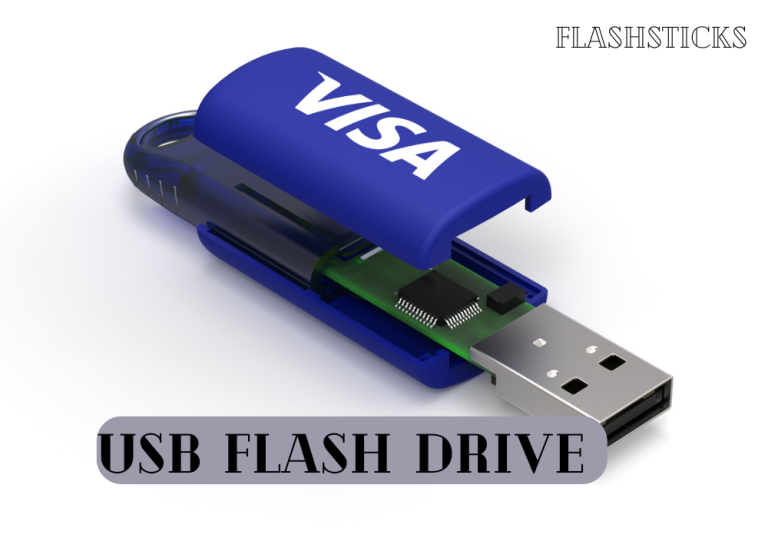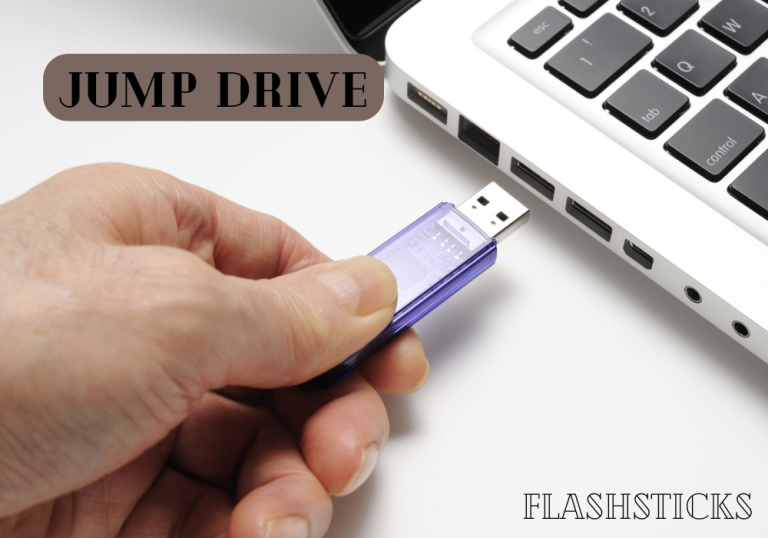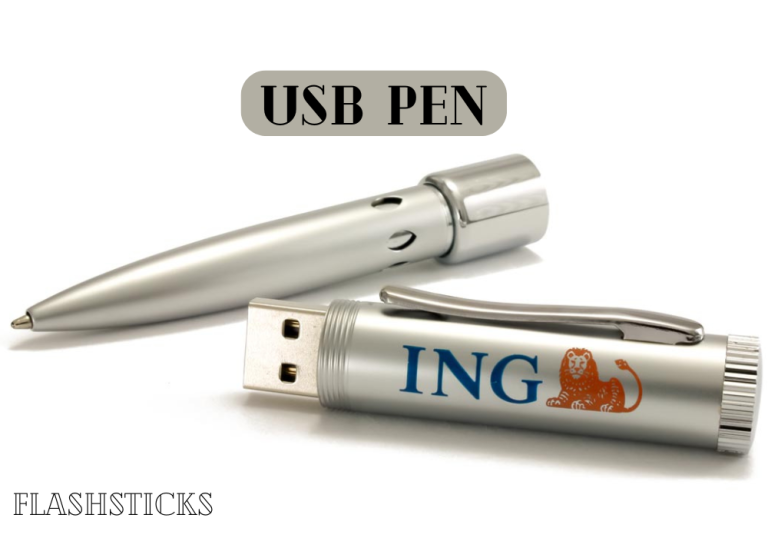How to choose the right USB drive for your needs
In today’s digital world, USB drives have become an essential tool for data storage, transfer, and backup. With a plethora of options available, selecting the right USB drive might seem overwhelming. This comprehensive guide will help you understand the key factors to consider when choosing the perfect USB drive for your needs.
Understanding Different Types of USB Drives
Before diving into the specifics, it’s important to understand that USB drives come in various forms and capacities. Below are some popular types of USB drives:
- Standard USB Flash Drives: These are the most common drives used for everyday tasks like transferring files, photos, and documents.
- USB 3.0 and USB 3.1 Drives: These drives offer higher transfer speeds compared to their USB 2.0 counterparts.
- Secure USB Drives: Equipped with encryption and password protection, these drives are ideal for sensitive data.
- High-Capacity USB Drives: These drives provide significant storage, often exceeding 256GB, suitable for professionals dealing with large files.
Key Features to Consider
When choosing a USB drive, several key features should be considered to ensure it meets your specific needs:
Storage Capacity
Your required storage capacity depends on the type of files you plan to store. Here’s a simple table to help you decide:
| Usage | Recommended Capacity |
|---|---|
| Storing Documents | 4GB – 16GB |
| Storing Multimedia Files (Photos, Music) | 16GB – 64GB |
| Video Files, Backups | 64GB - 512GB |
Transfer Speed
Transfer speed is crucial, especially if you frequently move large files. USB 3.0 drives offer significantly faster read/write speeds compared to USB 2.0:
- USB 2.0: 480 Mbps
- USB 3.0: 5 Gbps
- USB 3.1: 10 Gbps
Compatibility
Ensure the USB drive is compatible with your devices. Most USB drives are backward compatible, but it’s always better to check the specific requirements of your devices.
Durability
If you intend to carry your USB drive with you, durability is critical. Some drives offer rugged builds that are water and shock-resistant.
Security Features
For sensitive data, consider USB drives with built-in encryption and password protection. Secure USB drives provide an added layer of security against unauthorized access.
Benefits of Choosing the Right USB Drive
Choosing the right USB drive offers numerous benefits:
- Faster transfer speeds save time, especially for larger files.
- Higher storage capacity avoids frequent data offloading.
- Enhanced durability protects your data against physical damage.
- Security features ensure your sensitive information remains private.
Practical Tips for Choosing the Best USB Drive
Here are some practical tips to keep in mind while selecting a USB drive:
- Assess Your Needs: Consider what you’ll use the drive for: daily transfers, professional use, or secure data storage.
- Research Brands: Stick to reputable brands known for reliability and performance.
- Check Reviews: Read user reviews and expert opinions to gauge the performance and reliability of a particular model.
- Consider Future Needs: Opt for a USB drive with a bit more capacity than you currently need to accommodate future storage requirements.
- Compare Prices: Shop around and compare prices, but don’t compromise on essential features for a lower cost.
Conclusion
Choosing the right USB drive requires considering various factors such as storage capacity, transfer speed, compatibility, durability, and security features. By understanding these elements and assessing your specific needs, you can select a USB drive that perfectly fits your requirements. Remember to research brands, check reviews, and consider future needs to make an informed decision. With the right USB drive, you can efficiently manage your data storage and transfer needs with ease and confidence.
“`







